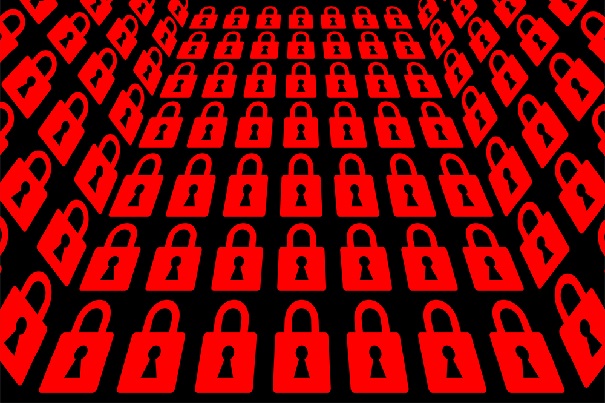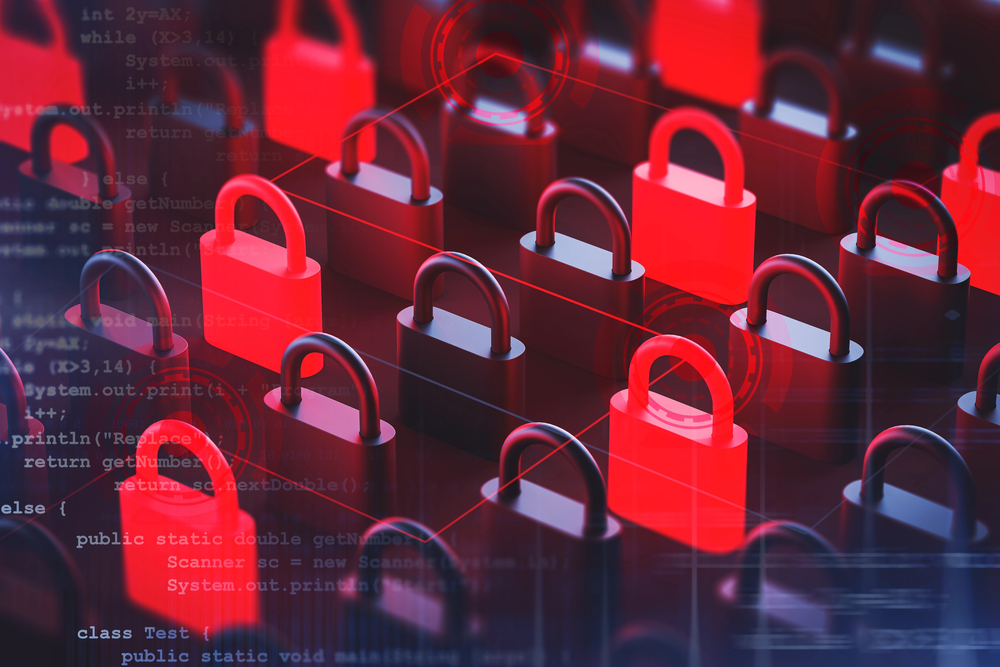Concern over Data Compromise Wanes Despite High Risk

By: AnneMarie McPherson
Concern about data compromise has plummeted according to a survey by Chubb, “COVID-19 & Life Online: Americans’ Evolving Cyber Risks.”
In 2019, 78% said they were concerned about their bank account being compromised. In 2021, only 54% of those surveyed said the same thing. In 2019, 73% were concerned about their credit card number being compromised, which dropped to 51% in 2021. And 58% were concerned about their social security number being compromised in 2019, down to 45% in 2021.
However, only 12% of Americans have purchased a personal cyber insurance policy in the past year, even though 86% of individuals have either purchased or been gifted a new device in that period, the survey found.
Meanwhile, 4 in 5 respondents access the internet several times a day, according to the report, which said that “with nearly 1 in 3 respondents estimating they share their data at least 10 times a day—and more than 1 in 3 high net-worth individuals estimating they share their data more than 100 times a day—the need for cyber risk mitigation is profound.
But where individuals should be most concerned is in other types of data that cannot be as changed as easily as a credit card number, the report notes, like a birthdate or even pet names and favorite TV shows.
“The reason that personal data like one’s birthdate is so sensitive is two-fold,” the report explains. “It cannot be changed, and it is often ‘feeder information’ that is used in various password and access codes or in security questions to help users identify a forgotten password.”
More than half of individuals report using personal information to inspire a password, according to the report. Furthermore, individuals typically don’t take steps needed to protect themselves even as they spend more time online. Only one-third reported taking any preventive actions in the past year, with 28% regularly changing online passwords, 18% no longer sharing passwords with others, 22% not using the same passwords for multiple accounts, or 17% using a personal virtual private network (VPN).
Not even the pandemic and its forced shift to more online interactions have prompted change—in 2019, 31% of respondents reported changing online passwords, which dropped to 28% today.
Some of the lackadaisical behavior may be attributed to an increase in individuals working from home due to the coronavirus pandemic. “For most Americans, ‘home’ is synonymous with safety and comfort—as such we have a tendency to relax and let our guards down when in our own homes,” the report says.
Among the 44% of respondents who chose to relocate to work remotely during COVID-19, precautionary cybersecurity steps were more prevalent—62% changed passwords, 43% used a VPN, even on a private network, and 43% made sure to log out of all accounts when transitioning to and from their temporary locations.
Chubb also noted that 1 in 2 Americans anticipate they will work remotely for the majority or the entirety of 2021, which means companies should remain vigilant and enforce employee security best practices.
AnneMarie McPherson is IA news editor.










